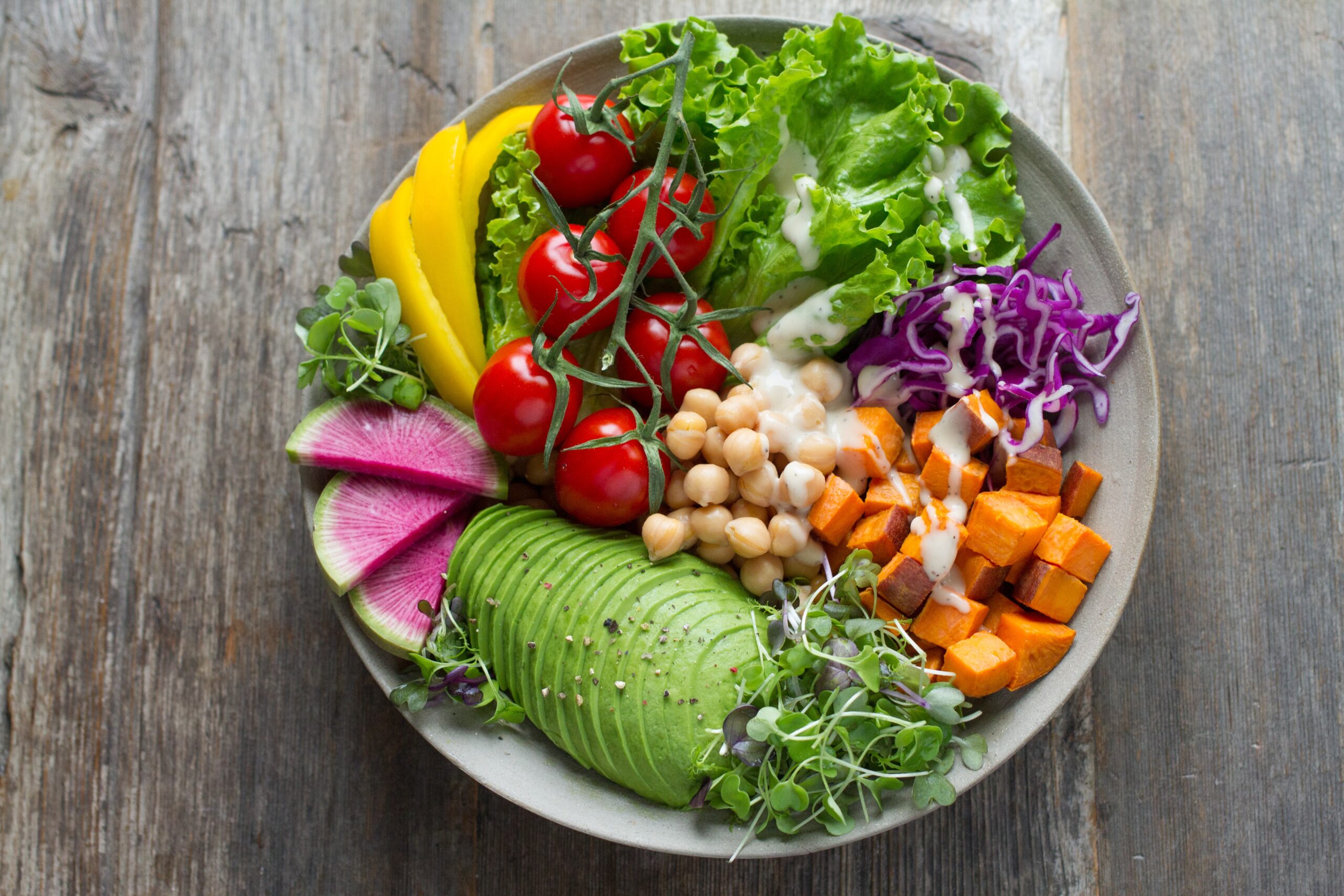
Top 20 tips for eating healthy on a budget:
Plan Your Recipes: Meal planning allows you to think about your food needs, tastes, and budget.
Shop With a List: Create a shopping list with the ingredients you need to reduce impulse buys and take home only what you need.
Buy Frozen or Canned: Frozen and canned fruits and vegetables are healthy alternatives to fresh produce and can save money.
Cut Costs With Coupons: Use coupons to save on your grocery bill, especially when planning your shopping list.
Buy Store Brands: Opt for store brand items to save 20% to 30% on your food bill.
Try Growing a Garden: Growing your own fruits and vegetables can save money and provide fresh produce at home.
Cook at Home: Making meals at home helps control ingredients and saves money compared to ordering takeout.
Repurpose Leftovers: Get creative with leftovers for cost-effective lunches and reduce food waste.
Plan Your Weekly Menu: Meal planning helps adhere to a healthy diet without overspending.
Shop Seasonally: Buy what's in season for tastier, cheaper food at farmers markets or local stores.
Consider Meatless Meals: Incorporate beans, tofu, or lentils as protein substitutes to cut costs.
Shop at Discount Grocers or Buy in Bulk: Discount stores and wholesale clubs offer nutritious items at lower prices.
Avoid Impulse Buys: Stick to your grocery list to prevent unnecessary purchases that can inflate your bill.
Purchase Satiating Foods: Choose foods that are filling and satisfying to avoid overeating and save money in the long run.
Use Wholesale Clubs for Bulk Items: Buying in bulk can help stock up on staples while saving money, especially for shelf-stable items.
Shop Online for Discounts: Online retailers often offer healthy foods at lower prices compared to supermarkets.
Grow Your Own Produce: Consider growing herbs, sprouts, tomatoes, onions, or other crops at home to save on grocery costs.
Avoid Highly Processed Foods: Opting for whole foods over processed items can lead to better health outcomes and lower long-term costs.
Utilize Leftovers Efficiently: Make double batches of recipes to freeze for later use on busy days when cooking is not feasible.
Connect with Community Farmers Markets: Farmers markets offer locally grown goods at affordable prices, promoting healthier eating choices.